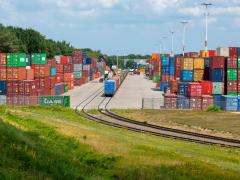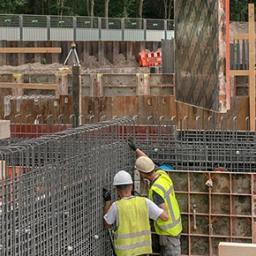Renewing industrial regions? Advanced manufacturing and industrial policy in Britain
In many countries, industrial policy is back in vogue. One of these countries is the United Kingdom, where it is hoped that industrial policy can provide a further boost to advanced manufacturing industries, especially in traditional industrial regions, whose economic performance has been lagging in the past decades. This open-access article examines the potential for achieving a more spatially balanced economic development across the United Kingdom, in which traditional industrial regions can also prosper, by supporting advanced manufacturing industries.
Investigating key assumptions that underlie industrial policy
The article investigates three key assumptions that underlie industrial policy in the United Kingdom. The first assumption is that the potential of advanced manufacturing is widespread across the country. The apparent hope is that advanced manufacturing can be further regionally dispersed and offer a an opportunity for ‘levelling up’ places across the country. On the whole, the geographical pattern of advanced manufacturing industries across the country has indeed become more dispersed since the early 1970s (with a marked shift away from large urban regions), although since around 2000 there has been a slight tendency towards geographical concentration again. The second assumption is that advanced manufacturing has a sufficient presence in traditional industrial regions (TIRs) in the Midlands and Northern England, Scotland and Wales, to provide the basis for further growth. However, the analysis indicates that, overall, TIRs have lost ground relative to non-TIRs, although there are variations between industries.
Innovation policy and advanced manufacturing performance
The third assumption concerns the belief that the best way to encourage and support growth in advanced manufacturing, is to develop innovation-oriented clusters. Such ‘urban innovation districts’ are seen as ways of regenerating lagging cities and regions by geographically concentrating investments in knowledge-intensive and globally competitive sectors, local universities and research institutes, to create innovation hotspots. So far, however, there is little evidence of innovation performance and university research being key drivers of regional advanced manufacturing performance.
The article finishes with the implications for policy that follow from these findings.
Authors
Specifications
- Publication title
- Renewing industrial regions? Advanced manufacturing and industrial policy in Britain
- Publication date
- 28 October 2021
- Publication type
- Article
- Page count
- 15
- Publication language
- English
- Magazine
- Regional Studies
- Issue
- Vol 57, no 6
- Product number
- 4887




